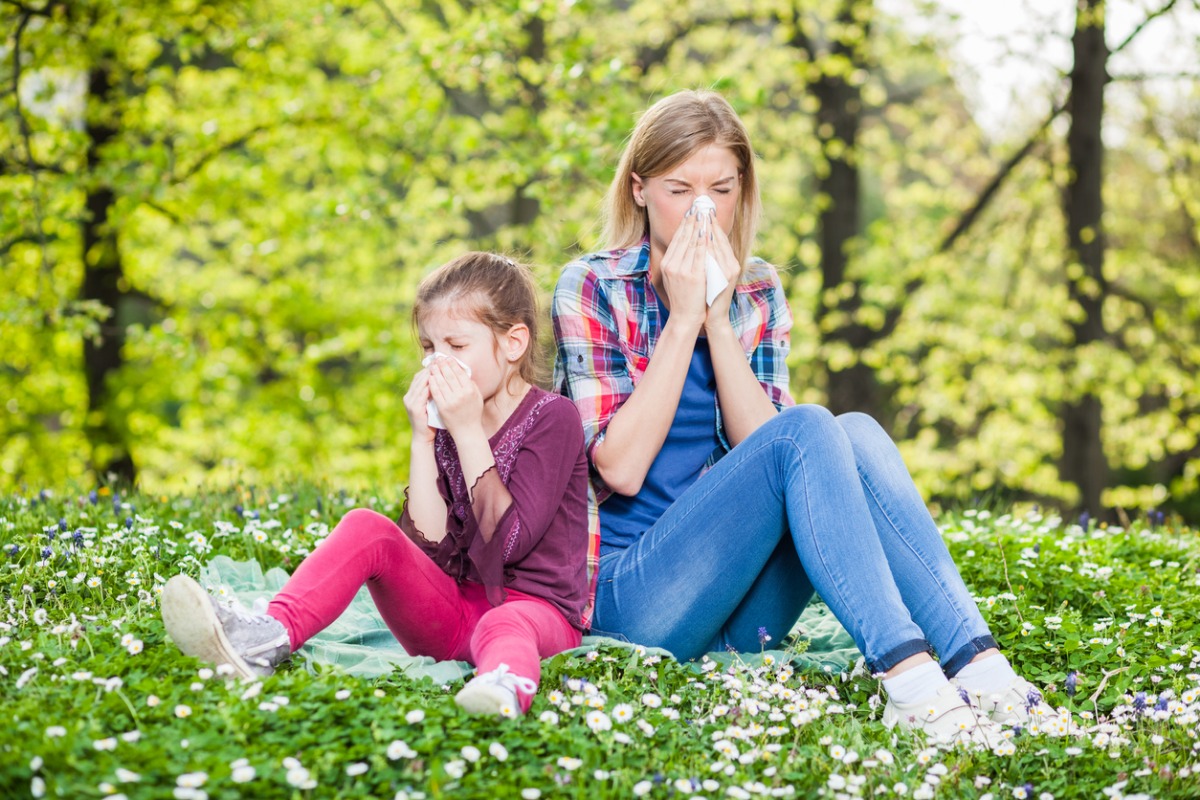Asthma is a chronic respiratory condition characterized by inflammation and narrowing of the airways, making it difficult to breathe. Seasonal asthma, also known as allergic asthma, is a type of asthma that is triggered by certain allergens present in the environment, such as pollen, dust mites, and mold. These allergens can cause inflammation and swelling of the airways, leading to symptoms such as coughing, wheezing, shortness of breath, and chest tightness.
Seasonal asthma affects millions of people worldwide and can significantly impact their quality of life. Understanding seasonal asthma, its triggers, and how to manage it effectively is crucial for anyone with the condition. In this guide, we will cover everything you need to know about seasonal asthma, including its causes, symptoms, diagnosis, treatment, and tips for managing the condition during different seasons.
Causes of Seasonal Asthma
Seasonal asthma is caused by allergens present in the environment, such as pollen, dust mites, mold spores, and pet dander. When a person with seasonal asthma is exposed to these allergens, their immune system reacts, causing inflammation and swelling of the airways. This leads to the symptoms of seasonal asthma.
Different allergens are more prevalent during different seasons. For example, pollen from trees, grass, and weeds is more common in the spring and summer, while mold spores and dust mites are more common in the fall and winter. It is essential to identify the specific allergens that trigger your seasonal asthma so that you can avoid exposure and manage your symptoms effectively.
Symptoms of Seasonal Asthma
The symptoms of seasonal asthma are similar to those of other types of asthma, and they can range from mild to severe. Common symptoms include:
- Coughing, especially at night or early in the morning
- Wheezing
- Shortness of breath
- Chest tightness
- Rapid breathing
- Trouble breathing, especially during physical activity
If you experience any of these symptoms during a particular season, it is essential to speak with your healthcare provider to determine if you have seasonal asthma.
Diagnosis of Seasonal Asthma
Diagnosing seasonal asthma involves a comprehensive evaluation by a healthcare provider, who will take a detailed medical history, perform a physical examination, and may order a series of tests. Common tests include:
- Pulmonary function tests (PFTs), which measure how well your lungs are functioning
- Allergy tests, such as skin prick tests or blood tests, to determine the specific allergens that trigger your asthma
- Spirometry, a test that measures the amount and speed of air you can inhale and exhale
It is essential to work with your healthcare provider to obtain a proper diagnosis, as some symptoms of seasonal asthma can also be caused by other respiratory conditions, such as bronchitis or sinusitis.
Treatment of Seasonal Asthma
Treatment for seasonal asthma typically involves avoiding allergens, taking medications, and making lifestyle changes.
Allergen avoidance is a crucial component of treating seasonal asthma, as it helps to reduce exposure to allergens that trigger symptoms. Simple steps, such as keeping windows closed during high-pollen days, avoiding outdoor activities during peak pollen hours, and regularly vacuuming and dusting your home, can help reduce your exposure to allergens.
Medications are also a crucial component of seasonal asthma treatment. There are several types of medications used to treat seasonal asthma, including:
Quick-relief medications, such as albuterol, which help to relieve symptoms quickly
Long-term control medications, such as inhaled corticosteroids, which help to reduce
- FDC – Giejo Magazine Article - July 29, 2023
- MoriMa Tea the – Chinese tea culture - April 26, 2023
- Missionary Position – Least Likely To Bring You To Climax - April 7, 2023






